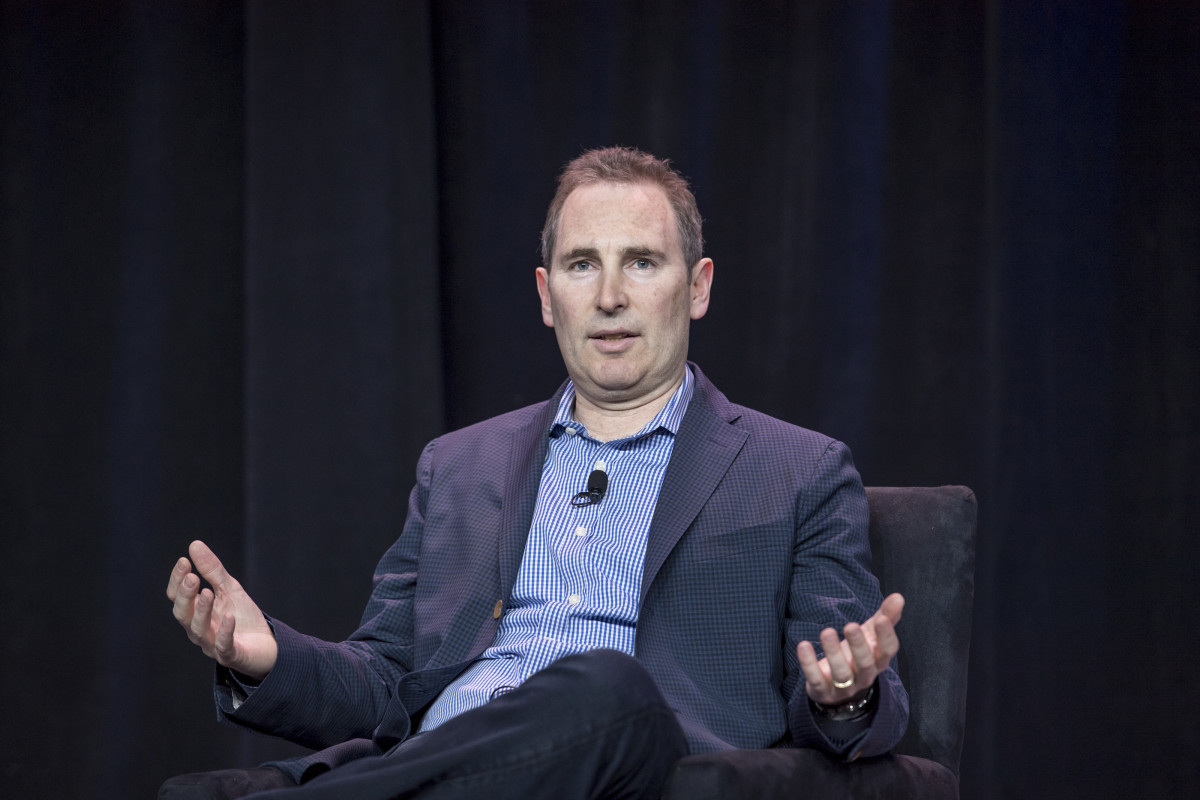The Seattle Times has a Pulitzer Prize-winning aerospace journalist named Dominic Gates. Sunday he published an expose on “a yearslong decline of safety standards” at Boeing.
After a 1997 merger, its new executive leaders “treated experienced engineers and machinists as expendable, ignoring the potential damage to Boeing’s essential mission of designing and building high-quality airplanes….”
The arc of Boeing’s fall can be traced back a quarter century, to when its leaders elevated the interests of shareholders above all others, said Richard Aboulafia, industry analyst with AeroDynamic Advisory. “Crush the workers. Share price. Share price. Share price. Financial moves and metrics come first,” was Boeing’s philosophy, he said. It was, he said, “a ruthless effort to cut costs without any realization of what it could do to capabilities….” Its leaders outsourced work, sold off whole divisions and discarded key capabilities such as developing avionics, machining parts and building fuselages. On the 787, they even outsourced the jet’s wings to Japan. They moved work away from Boeing’s highly skilled, unionized base in the Puget Sound region. They weakened unions and extorted state government with repeated threats to build future airplanes elsewhere. They squeezed suppliers by demanding price cuts every year that in turn forced the suppliers into ruinous cost-cutting and left them vulnerable to collapse during shocks like the COVID-19 pandemic….
Belatedly, Boeing’s current leaders, overwhelmed by criticism, mockery and outrage since January, have finally admitted publicly that some key strategies they pursued for decades were flawed. “Boeing, more than 20 years ago, probably got a little too far ahead of itself on the topic of outsourcing,” Chief Financial Officer Brian West said last month. And in January, on CNBC, Boeing Chief Executive Dave Calhoun conceded: “Did it go too far? Yeah, probably did.”
Both were speaking about major supplier Spirit AeroSystems of Wichita, Kan., part of Boeing until it was sold off two decades ago, part of a broad divestment of assets to please Wall Street and boost the stock. Following a litany of quality lapses in Wichita, Boeing is now admitting a mistake and trying to buy Spirit back — “for safety and for quality,” said West. Another mistake belatedly recognized: With annual bonuses for Boeing’s factory managers based largely on meeting cost and schedule targets, it was long a cardinal sin to stop the assembly line. That meant unfinished jobs piled up on aircraft as they moved forward down the line, what Boeing calls “traveled work.” Done out of sequence, this work is more difficult and takes much longer. If too much traveled work piles up, it creates chaos. That’s what happened in Renton on the 737 assembly line. “For years, we prioritized the movement of the airplane through the factory over getting it done right, and that’s got to change,” West said. “Once you reduce traveled work, your quality gets better….”
Speaking of how Spirit might be fixed, West said: “It’s really about focus and running it, not as a business, as a factory. Run it as a factory and stay focused on safety and quality and stability.”
Phil Chandler, a highly skilled Boeing machinist for more than 42 years (retiring in 2020), saw a “dictatorial” approach on the factory floor, according to the article. “Whereas in the past, first-level and even second-level managers in the factory had come up through the ranks as mechanics and had deep knowledge of the work, after [Boeing president Harry] Stonecipher came in those jobs shifted to white-collar people with degrees, often with MBAs.”
And a former Boeing physicist also complains about the “shoot-the-messenger” management approach when developing their 787, according to the article: “Engineers who raised technical doubts were told: ‘Follow the plan. If you can’t do your job, I’ll fire you and get someone who can.'”
Source link




